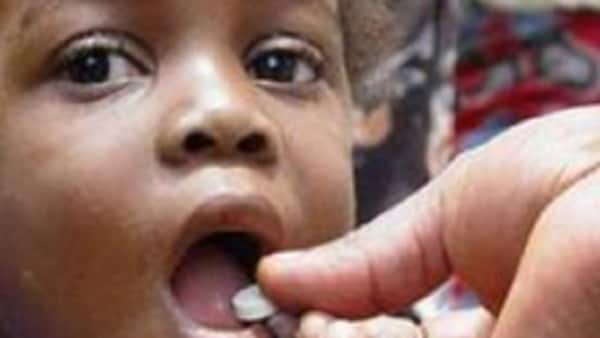What to know
"Without CDC's efforts over the years (onchocerciasis, lymphatic filariasis, Guinea worm disease, smallpox) the global elimination and eradication programs in process today might not exist."

Develop global policy
For more than 2 decades, CDC has been working to reduce the illness, disability, and death caused by neglected tropical diseases (NTDs). Together with our partners, we help to:
- Develop global policy and guidelines for NTD control programs
- Conduct research to improve existing diagnostic and other tools needed to monitor programs
- Monitor and evaluate progress toward elimination/control of NTDs
- Provide technical assistance to countries and other partners to build capacity and improve programs
- Study additional NTDs to identify and develop better tools and approaches to control and eliminate them
Much of CDC's current work focuses on the seven NTDs – lymphatic filariasis (LF), onchocerciasis, schistosomiasis, infections from soil-transmitted helminths (hookworm, Ascaris, whipworm), and trachoma, that can be controlled or even eliminated by providing safe and effective medicines to individuals in affected communities through mass drug administration (MDA).
To learn more about CDC's efforts to eliminate lymphatic filariasis in the Americas, please visit the Winnable Battles pages.
CDC Support of USG Initiatives
CDC is a partner in the United States Government NTD and Global Health Initiatives. Our contributions include scientific research to guide programs and policies, such as the evaluation of a test for LF antibodies that will be crucial for ensuring we can detect the return of infections in a timely manner after interventions (MDAs) are stopped. CDC also provides technical expertise related to monitoring and evaluation of program efforts to assess progress, and consultation and training to ministries of health and other partners to help build global capacity to control and eliminate NTDs.
